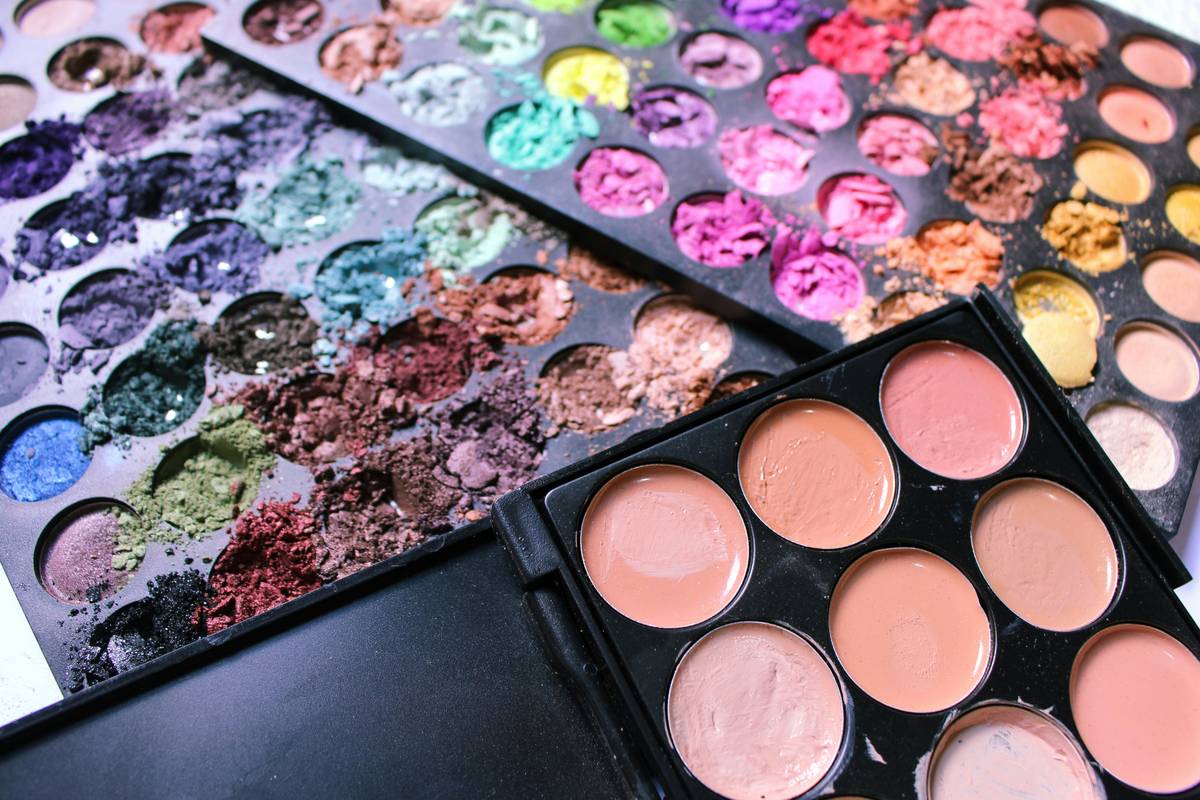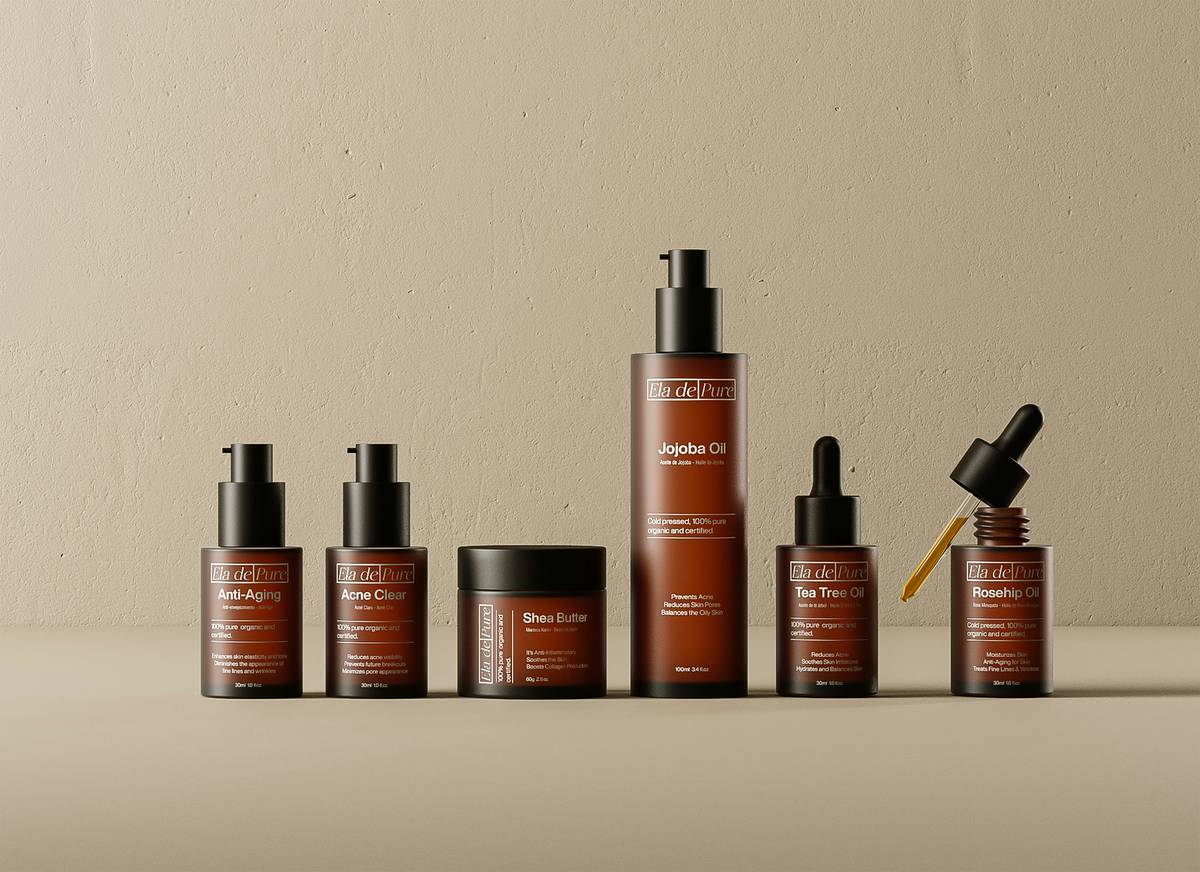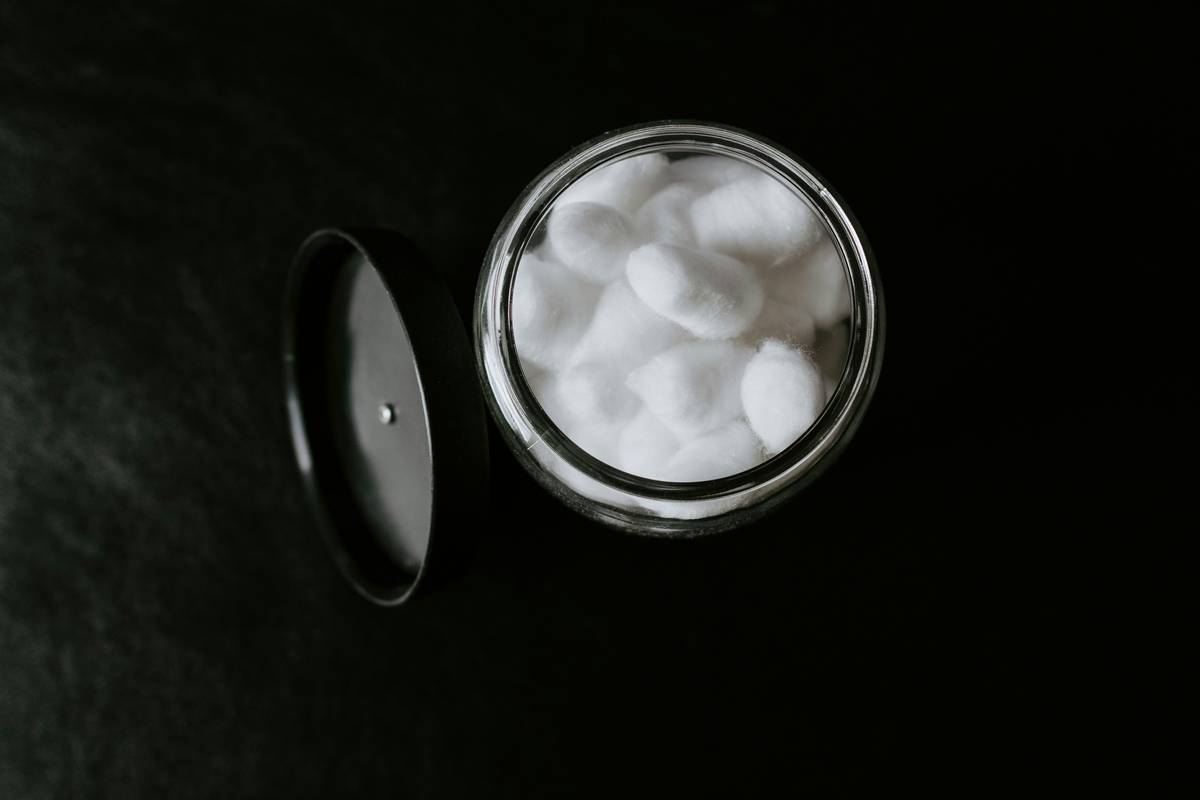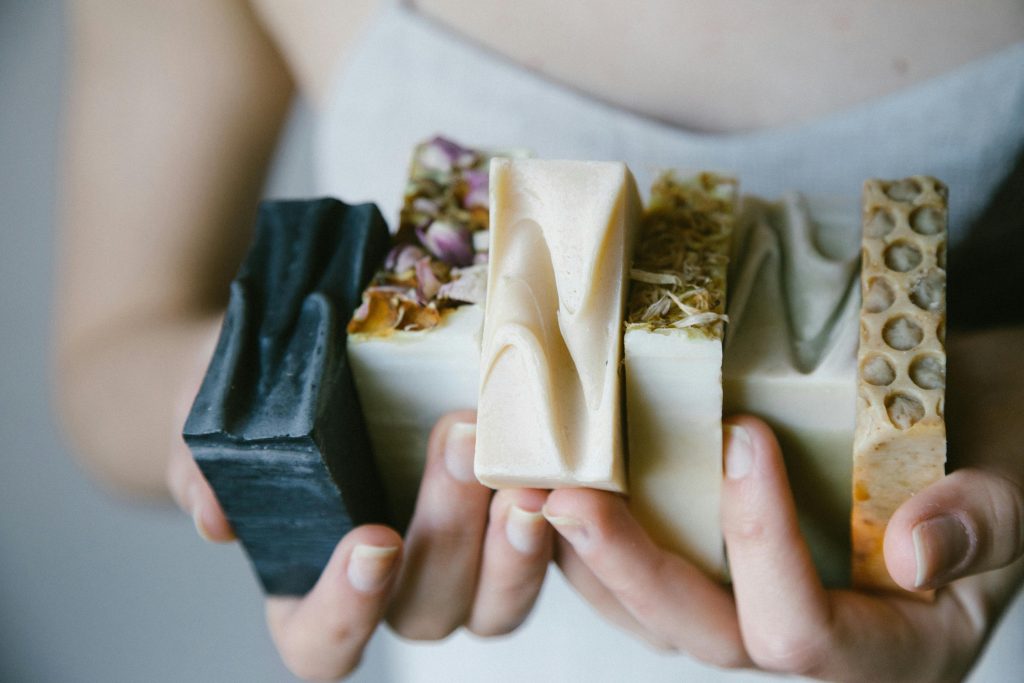Ever stared at your makeup bag and wondered if those products were secretly waging war on your skin? You’re not alone.
If you’ve ever dealt with breakouts after trying a new foundation or felt like your concealer was suffocating your pores, it might be time to consider switching to organic makeup ingredients. This guide dives deep into why these natural powerhouses are worth your attention—and how to make them work for you. By the end of this article, you’ll understand what makes organic makeup so special, learn application techniques, and discover which brands truly deliver. Let’s get glowing!
Table of Contents
- Why Organic Makeup Ingredients Matter
- How to Choose the Right Organic Products
- Top Tips for Applying Natural Makeup
- Real-Life Success Stories with Organic Makeup
- Frequently Asked Questions About Organic Makeup
Key Takeaways
- Organic makeup ingredients are gentler on the skin and free from harmful chemicals.
- Choosing certified organic products ensures authenticity and quality.
- Layering techniques can enhance the staying power of natural makeup.
- Natural doesn’t mean boring—there’s a wide range of vibrant shades available.
Why Organic Makeup Ingredients Matter
Optimist You: “Switching to organic makeup is good for my health!”
Grumpy You: “But does organic even make a difference?”
Let’s settle this debate once and for all: yes, organic makeup ingredients DO matter. Unlike conventional makeup, which often contains synthetic dyes, parabens, and phthalates, organic formulations rely on plant-based extracts like aloe vera, chamomile, and jojoba oil. These ingredients not only nourish your skin but also reduce irritation and inflammation.
Example Confession: I used to think all-natural meant dull and chalky—but then I tried an organic blush infused with beetroot extract. The pigment was chef’s kiss perfection, and my cheeks glowed like they were kissed by sunlight instead of silicone.

Figure 1: A visual comparison showing the benefits of organic over conventional makeup ingredients.
How to Choose the Right Organic Products
Optimist You: “This is going to be easy—I’ll just pick up anything labeled ‘natural.’”
Grumpy You: “Yeah, until you realize half those labels are greenwashing.”
Here’s the brutal truth: not everything that claims to be “natural” actually is. To avoid falling victim to clever marketing, follow these steps:
- Look for Certifications: Trust seals like USDA Organic, COSMOS, or Ecocert guarantee transparency.
- Read Ingredient Lists: If you can’t pronounce it, chances are your skin won’t love it either.
- Research Brands: Seek out companies committed to ethical sourcing and sustainability.

Figure 2: Logos indicating trustworthy certifications for organic makeup products.
Warning: Avoid This Terrible Tip
Some bloggers will tell you to mix random kitchen ingredients as DIY makeup substitutes. While honey masks sound amazing (and smell delicious), slathering cinnamon on your face isn’t exactly safe—or effective. Stick to professionally formulated products unless you’re ready for disaster.
Top Tips for Applying Natural Makeup
Achieving a flawless look with natural makeup requires finesse. Here’s how to do it right:
- Prep Your Skin: Start with a hydrating primer to create a smooth canvas.
- Less Is More: Build coverage gradually; one layer of foundation goes a long way.
- Use Tools Wisely: Opt for brushes or sponges designed for cream-based formulas.

Figure 3: High-quality tools designed specifically for blending organic makeup seamlessly.
TIP: Keep your coffee nearby while perfecting your base layers—it’s a marathon, not a sprint.
Real-Life Success Stories with Organic Makeup
Hannah B., a wedding photographer, shares her story: “I spent years battling acne caused by heavy foundations. Switching to organic makeup changed my life. Not only did my breakouts disappear, but people started complimenting my ‘lit-from-within’ glow during client shoots!” Her secret weapon? An organic liquid foundation packed with antioxidants.
Frequently Asked Questions About Organic Makeup
Are Organic Makeup Ingredients Really Better?
Yes, because they minimize exposure to toxins and prioritize skincare-friendly components.
Can I Find Vibrant Colors in Organic Makeup?
Absolutely! Many brands now offer bold shades using mineral pigments derived from natural sources.
Is Organic Makeup More Expensive?
While some items cost more upfront, their superior quality often means you use less product overall.
Conclusion
If glowing skin without compromise sounds appealing, organic makeup ingredients deserve a spot in your beauty routine. From understanding certifications to mastering application techniques, we’ve covered everything you need to know to transition gracefully. So go ahead—treat yourself to cleaner, greener beauty!
And remember:
Dewy skin, happy heart,
Natural vibes never part.
Like flipping through a flip phone—isn’t nostalgia sweet?


